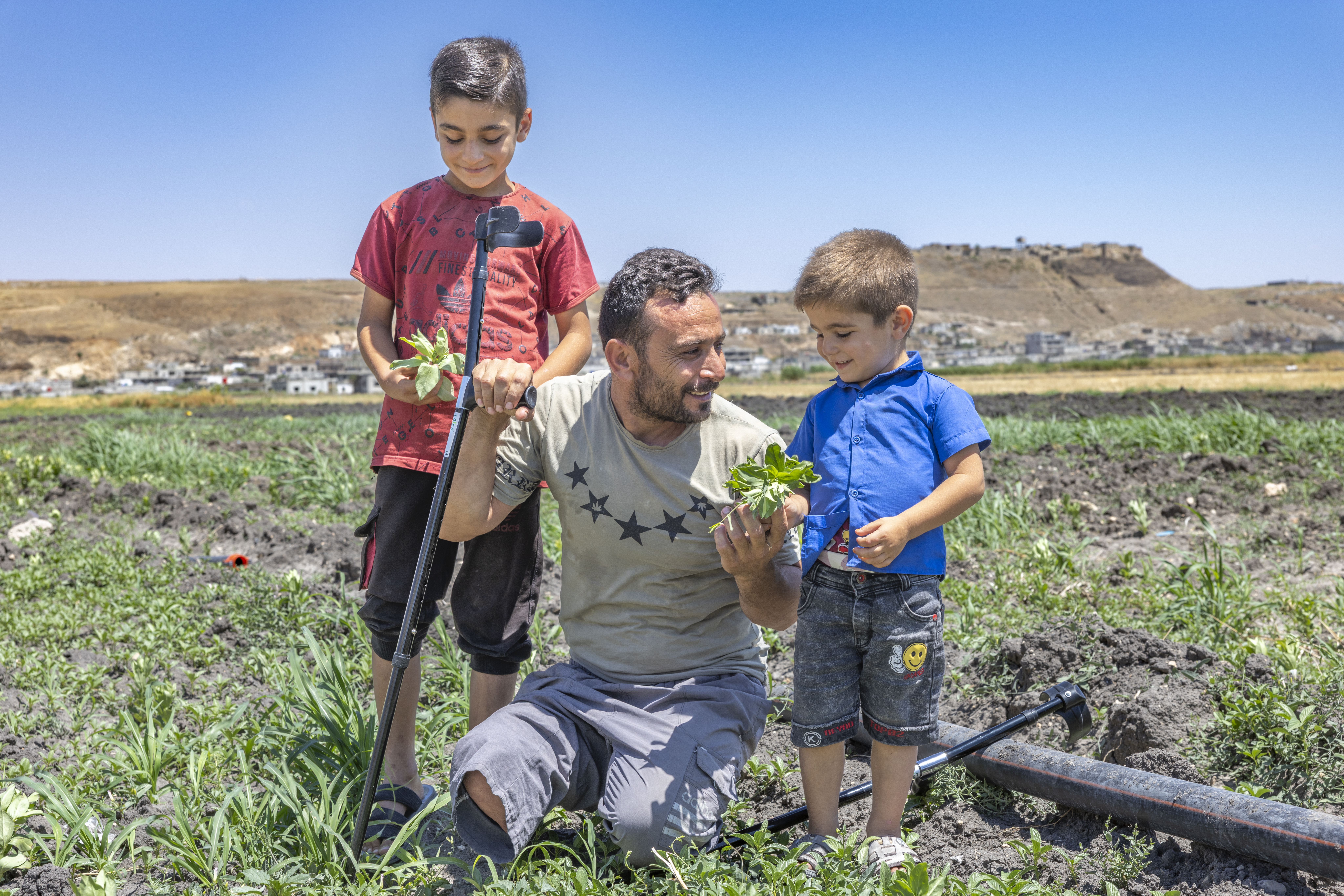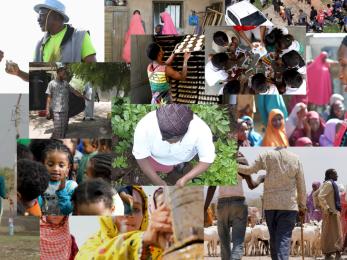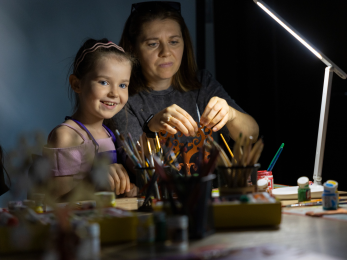The facts: What you need to know about cash as aid
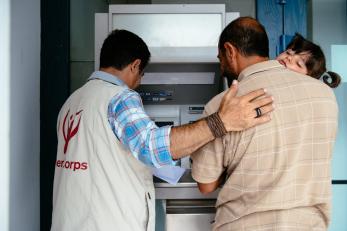
In the last decade, cash transfer programming has gained tremendous momentum across the aid sector; in 2016, the UN Secretary-General called for it to be the default method of support for crisis-affected people where the situation allows.
It is not news that there is unprecedented humanitarian need — the world is spending around £10.8 billion a year responding to 125 million people devastated by wars and natural disasters. Unfortunately, we're not even coming close to keeping up with the needs.
But we are also in a time of unprecedented new opportunities: new technologies, new kinds of partnerships with global business, new research into what works (and what doesn't) and a new profile of those we're trying to help. Increasingly we are supporting educated, mobile and urban populations.
Here's what you need to know about giving cash:
Are you just handing out money?
When we say "cash," we're talking about a direct way of putting support into the hands of people who need it, in the most effective and sustainable way. One of the many advantages of this practice is that it can be adapted depending on the needs of the people and situation. Some examples include distribution of paper vouchers, mobile money transfers, or pre-paid debit cards that can be used to withdraw cash around the world. Some programmes even include cash-for-work initiatives.
What are the benefits of cash?
Cash gives people dignity. It allows them to make their own decisions and choices about what they need and when. Cash is spent within the local economy, typically with small businesses and market traders who may also be suffering because of the situation or crisis. Using cash, where possible, means that aid groups don't have to import expensive, foreign products.
Cash is efficient, flexible, easier and safer to deliver than handing out food or goods. And because it is more cost-effective, it also saves donors' and taxpayers' money.
Is cash just for emergencies?
No. While Mercy Corps has committed to distributing 25 per cent of our humanitarian programming in cash by 2018, cash is also an integral component to bridging the divide between urgent relief and longer-term recovery. Following the devastating Typhoon Haiyan in the Philippines, delivering cash assistance through a mobile banking system enabled our emergency relief efforts to help more than 25,000 people rebuild their lives, and it also connected many people to banking services for the first time.
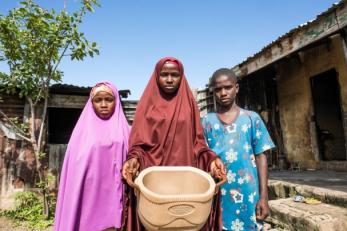
Learn more about the lifesaving power of cash ▸
Who gets the cash?
This depends on the context, crisis and programme. Everyone who receives cash must be registered and will go through monitoring activities. Sometimes cash will be provided according to how vulnerable a person or family is, and the amounts will be adjusted according to individual or family size.
How do you know people aren't wasting the money you give them?
Each programme builds in monitoring and post-distribution monitoring activities. With electronic cash, we can track people's spending habits to monitor what they are using the money for and how we can improve the support we are providing. In Greece, for example, we know that refugees typically spent their cash on food, clothing, transportation and communications expenses.
How do you ensure the money does not end up in the wrong hands?
The distribution of cash adheres to all regulations and policies within that country. For example, in Greece, our prepaid cards adhered to the regulations for financial institutions and payment services within the European Union. Card recipients were vetted and then referred to Mercy Corps by our peer agencies, after which we performed another verification process. People receive a modest amount of money.
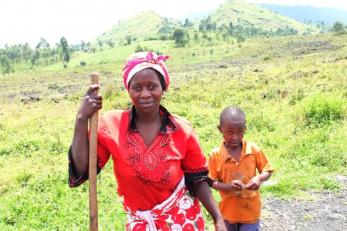
Read how cash helped this family rebuild their lives ▸
Can you use cash everywhere?
No. For each situation an assessment is undertaken to determine whether the local markets are functioning enough to do cash programming and, if so, which form will be most efficient. For example, in some places in conflict-affected Syria it is possible for Mercy Corps to run a voucher programme, because food and other important items can be bought in local stores. In other places, we have to rely on bringing in food and other urgent supplies because it is either not safe for people to go to the market or there are simply no goods to buy.
What is Mercy Corps' experience with cash?
Mercy Corps was the first organisation to pilot cash-for-work in Afghanistan and in response to the Indian Ocean Tsunami in 2004. Over the last decade, Mercy Corps has implemented cash programming in 31 countries including Syria, Ukraine, Haiti, Niger, Yemen and Uganda. Since 2014 Mercy Corps has distributed over £46 million in cash programming to more than 400,000 households.
Is there other evidence of the efficacy of cash?
There have been numerous studies undertaken on the effectiveness of cash in recent years, and this short video will tell you more.
